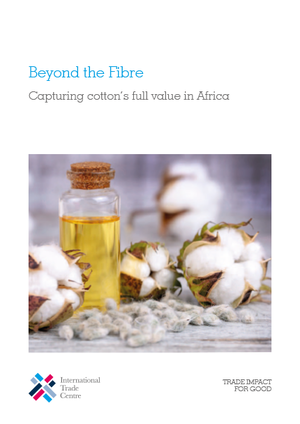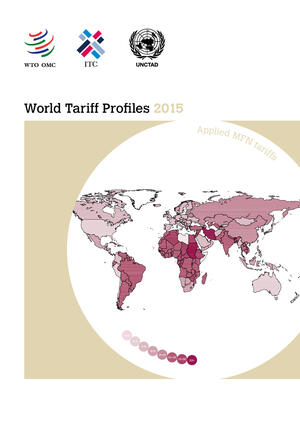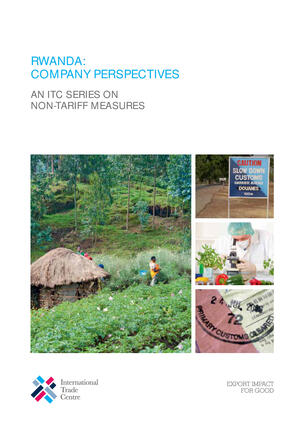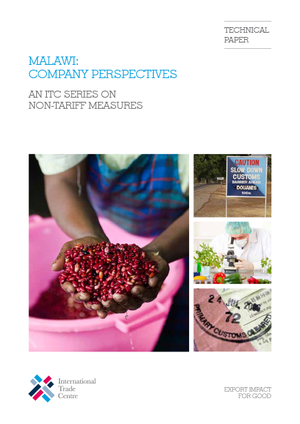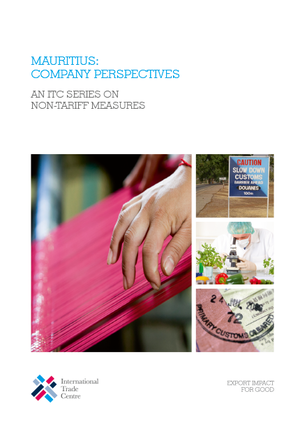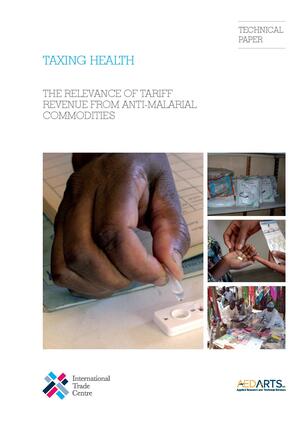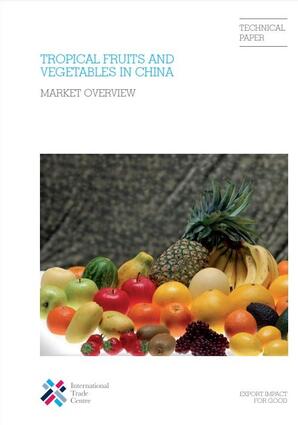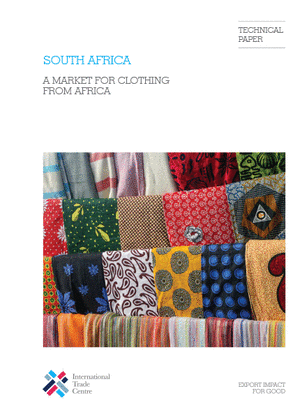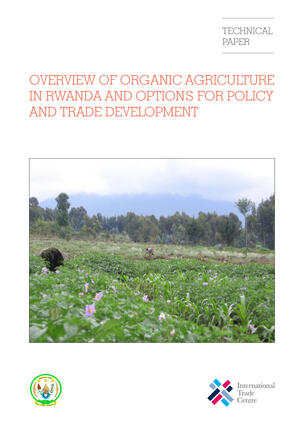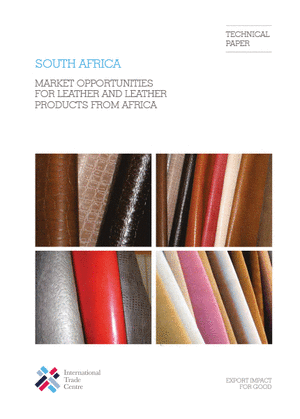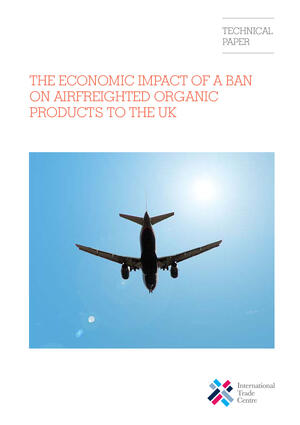Beyond the fibre: Capturing cotton's full value in Africa
Cotton by-products – such as cottonseed oil and oilcakes – can contribute meaningfully to reducing poverty, creating jobs and increasing economic growth in Africa. These derivatives can represent up to 30% of the value of seed cotton. Yet oil and cakes have not been fully exploited, despite a...




